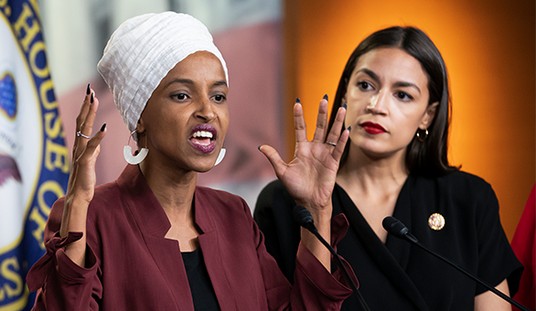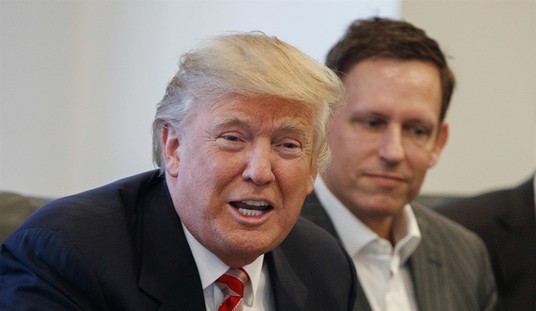Trump voters, by and large, lack the intelligence and/or charisma to actually convince anyone that voting for Donald Trump is a good idea. Certainly, Donald Trump himself is incapable of expanding his appeal beyond his loyal cadre of garbage followers. So to make up for actual arguments for why anyone should vote for Trump, Trump and his surrogates have resorted to overbearing triumphalism since, oh, at least November.
“Trump is going to win,” they confidently crow. “Might as well get in line now.”
See, Trump voters might not be regular Republicans, but they’ve watched Republican elections before. And they have believed Trump’s repeated prophecies that, as other candidates dropped out, Trump would get some portion of their support. The cumulative effect would push him over 50% and he would eventually be an unstoppable force.
We are now almost exactly two months since the Iowa caucuses, and Trump’s more intelligent surrogates are waking up to the fact that it isn’t working out that way at all. As of February 1st, the day of the Iowa Caucuses, Trump had about 37% of the national share of the vote, per the RCP average. Today, he has 43% (note – that 43% includes a CNN/ORC poll that is definitely an outlier showing Trump at 47% support nationally. Trump hasn’t even cracked that mark in a single state yet, so we know that poll is bogus, but let’s give him credit for it anyway.)
So when the first votes were cast, Trump faced about 63% opposition (as defined by people who were not committed to voting for him). He now faces about 57% opposition. In other words, in the two months since the first votes were cast, Trump has consolidated about 9% of the support that was aligned against him to start with. How does that compare to other front runners?
Well, as we have noted before, every other front runner in Republican history (since Gerald Ford) had the nomination sewn up by Super Tuesday, at least until 2008. John McCain was the first Republican nominee since Ford to face a meaningfully contested Super Tuesday at all. But let’s look at how McCain’s path fared compared to Trump’s, per the RCP averages:

As you can see, as of Super Tuesday, McCain faced about 82% opposition. Two months later, he faced less than 40% opposition. In other words, in two months, McCain had consolidated about 50% of the opposition he faced when Iowa went to the polls, and the nomination was completely over.
Now let’s look at Romney.

Romney was an exceptionally slow and weak frontrunner out of the gate. As of the date of the Iowa caucuses, Romney faced 75.2% opposition. Two months later, he faced about 64% opposition. Romney had to fight tooth and nail farther and longer than any previous front runner ever had; however, by this point in the cycle, Romney had consolidated over 15% of his opposition into his camp – enough to sustain an inevitable victory. By this point, the race was over, even if Santorum was still hanging on.
Even more troubling for Trump than his failure to consolidate is that he has not one but two candidates who are on an upward trajectory against him. Both Cruz and Kasich are gaining on him, a phenomenon that neither McCain nor Romney had to face. By this point in their respective campaigns, both Romney and McCain were facing a pack of candidates who were fading or static; Trump faces two candidates who are both gaining on him.

Trump is not going to walk away with this nomination. He is, in fact, probably not going to reach 1,237 – and that’s because he has insulted and degraded almost everyone who isn’t already voting for him, and continues to weekly (if not daily) show himself unfit for the office even as he racks up a huge delegate lead. This reality is setting in with Trump’s supporters, which is probably responsible for some of their uglier antics over the last week, and for why they are already pre-complaining about “cheating” at the convention.














Join the conversation as a VIP Member